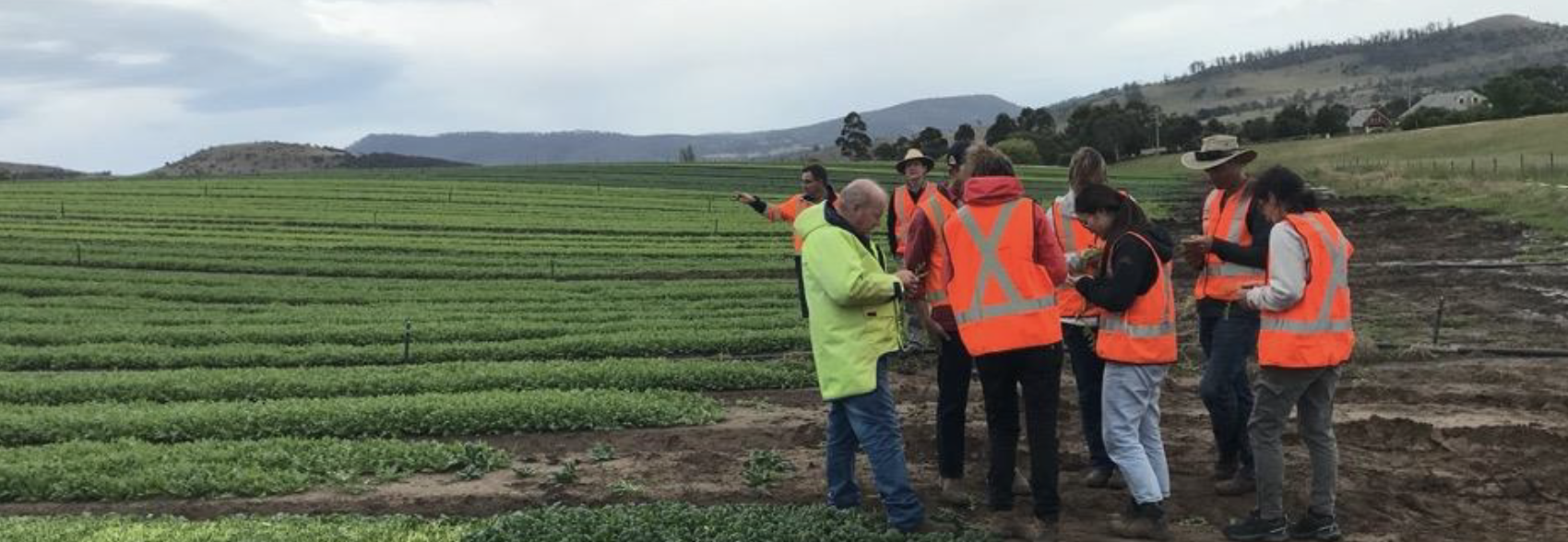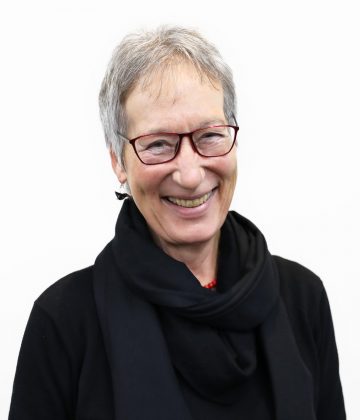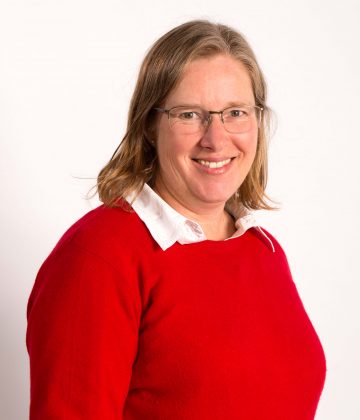A practical guide to effective landholder engagement
RMCG has developed a step-by-step guide on the key points to consider when working with landholders to bring about potential practice change.
When engaging with landholders, we are often asking them to change practices on their property. This is not a straightforward request, and the term ‘practice change’ is often used without understanding current practices on a particular property, and reasons why they are used.
To work through the complexities, RMCG developed a guide to Landholder engagement – communicating, learning and influencing decision making for participants in the 2020/21 SmartFarms project “Advanced practice change management capacity for Landcare officers in Tasmania”.
The guide presents theories of communication and adult-centred learning, and their application in effectively engaging with landholders about potential practice change.
Engaging with landholders should be built on the premise that we have information that is beneficial for both them and the issue we want to address.
However, in the view of the landholder, we may often be implying that they have been doing something wrong or not well enough; we may not show respect for the efforts they put into managing their property and that they must make a living from. We may be seen as trying to interfere with a farming system or operations that we do not understand.
Therefore, understanding the context and current status of a farming operation are important starting points.
Key considerations for landholder engagement
Click here to access the guide which explores:
- Understanding and engaging with landholders
- Engagement concepts, including theories of communication
- How people learn, including adult-centred learning
- How decisions are made
- Context in Tasmania
- Designing an engagement program.



